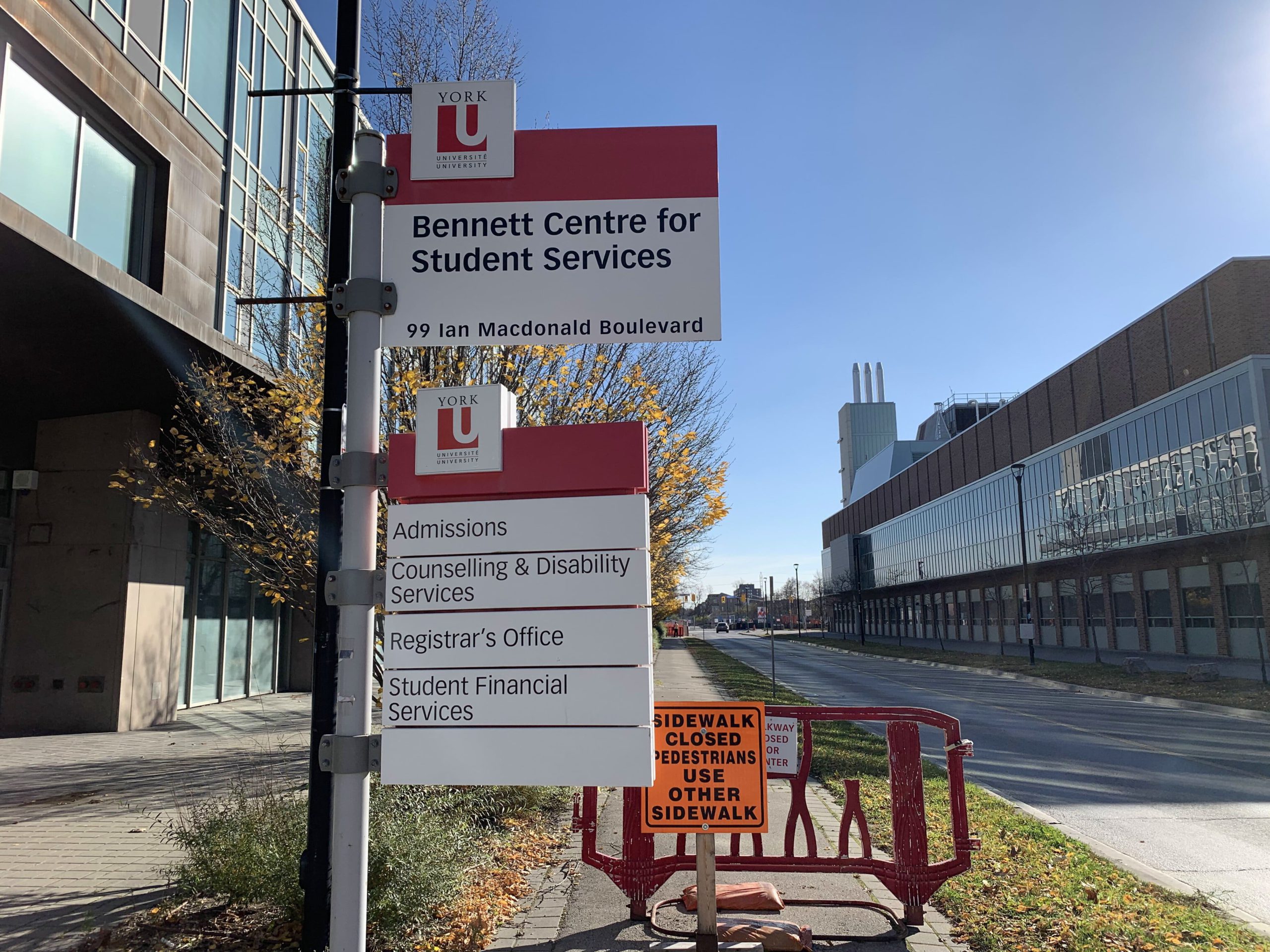Students across the province are calling for the Ontario government to put a pause on OSAP debt repayments and interest until the end of the pandemic. At the start of the pandemic, the Ontario government placed a six-month freeze on OSAP loan payments and interest, from March 30 to September 30. As September ended, the moratorium was lifted, putting students back on the hook. However, the pandemic — and its financial toll — are still ongoing.
“Currently, the government continues to not only collect loan payments, but also collect interest from already struggling graduates. The decline of the current job market is abhorrent and is further exacerbating the already financially precarious situations students and graduates face,” says Kayla Weiler, national executive representative for the Canadian Federation of Students (CFS).
“This in turn affects students’ ability to secure more stable long-term employment, hinders their ability to contribute to Ontario’s economy, and further perpetuates the cycle of poverty.”
The Canadian Federation of Students represents more than 64 university and college student unions across Canada, comprising over half a million students. At the national level, the House of Commons recently unanimously adopted a motion to defer federal loan payments once again for the second wave, until May 31, 2021.
However, the provincial government has not followed suit. Some say their current lack of aid is characteristic of a pattern of harsh treatment regarding student loans in Ontario.
“The tuition fees and the student debt levels in Ontario were unfair before this pandemic began,” stated MPP Chris Glover, who serves as the Ontario NDP’s critic for Colleges and Universities.
In 2018, the Ford government cut OSAP by about $700 million a year, to immense outcry. In the three years since, the government has reduced OSAP by a total of approximately $2.1 billion.
“We have the lowest per-student funding, and we have among the highest student debt levels and tuition fees in this province,” Glover continued. “So when the pandemic hit and students and graduates started losing their jobs, the financial impact was multifold in comparison with some of the students in other provinces.”
Glover held a press conference on January 22 where he joined representatives from student organizations in calling for an OSAP freeze.
Students feel the current situation is dire, and believe aid now will be critical in helping the economy as a whole recover from the impacts of the pandemic.
“The current students and recent graduates of Ontario are the future of the economy. We will be the ones responsible for helping rebuild Ontario when the COVID-19 pandemic is over,” said College Student Alliance President Tori Arnett during the press conference. “We need help to survive this most trying time — we can’t do it on our own. Our families won’t be able to make it through this without the provincial government’s help.”
For many, the student debt situation, coupled with the ravages of COVID-19 has indeed led to difficulty with basic survival.
“We have heard from our members that this increased stress has added to the financial precarity of those struggling to pay for rent, food, and other essentials on top of mounting student loans,” says Weiler. “Students are having to choose between expenses such as paying rent and buying groceries or paying OSAP loan payments.”
Glover spoke to the harsh realities of the student debt crisis, which he saw personified during his time as a part-time professor at York: “Before becoming an MPP I was a part-time professor at York, and one of the things that shocked me as a professor was the amount of debt students were accumulating. Students in my class were often going to school full-time and then working full-time to try to manage their student debt, just to pay their costs to go to school.”
He added that the need for a pause on OSAP debt during the pandemic is a first step in repairing a greater issue. “When we’re through this pandemic, let’s make Ontario’s post-secondary education system affordable, so students don’t end up with a huge debt burden at the end of their graduation. That would be good not only for the students, but it would be good for our economy.”
Student organizations believe that beyond the immediate issue of the OSAP freeze, ultimately the post-secondary education costs in Ontario — and Canada as a whole — are part of a broken system.
“For decades, governments have steadily decreased the amount of public funds in post-secondary institutions and have instead put the burden of funding post-secondary education upon already struggling students through the exorbitant cost of tuition for both domestic and international students,” says Weiler. “The CFS-Ontario firmly believes the only way for a just recovery post-COVID-19 is to guarantee free and accessible education for all.”


